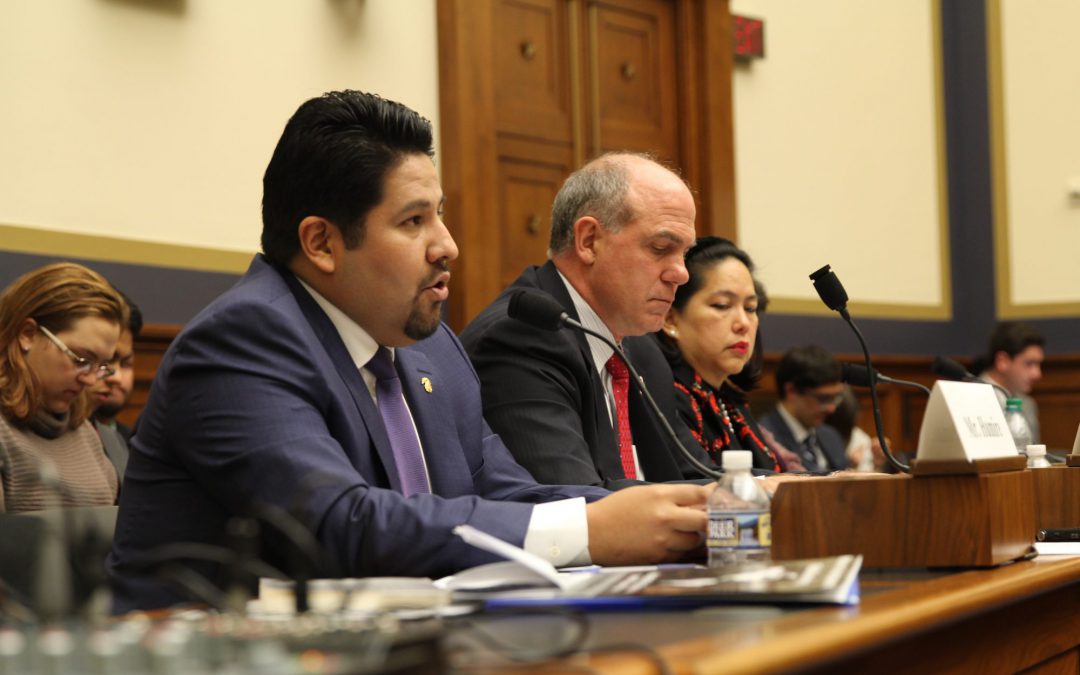WASHINGTON – The lines between terrorists and organized crime groups have become increasingly blurred, but both are national security threats, members of the House Financial Services Committee said Tuesday.
In a memorandum, the committee said that terrorist organizations have implemented illicit business practices that blur the lines between terrorist and transnational criminal organizations. Terrorist organizations pursue illegal trade to fund their main political and ideological operations.
“While much transnational crime exists today apart from terrorism, there is almost no terrorism that exists today without funding from transnational crime,” Louise Shelley, professor at George Mason University, told a Financial Services subcommittee on illicit financing. “And we need to think of these transnational terrorists as diversified businessmen.”
Illicit trade has long been a profitable business, forming the basis of organized crime internationally. According to a 2017 report published by the Global Initiative against Transnational Organized Crime, revenues of organized crime worldwide totaled between $3.6 trillion and $4.8 trillion in 2015 and 2016 combined, or 7 percent of the world’s gross domestic product.
“(Terrorists) function with a logic that is often used by legitimate business so that when the risk increases in the drug trade or the profits can be greater in some other area, they diversify,” Shelley said.
She identified counterfeit goods as one of the most lucrative illicit international business, surpassing the drug trade. In an interview, Ted Galen Carpenter, senior fellow at the libertarian think tank Cato Institute, said migrant smuggling has become the fastest growing source of revenue for organized crime.
One example of a diversified terrorist organization is Hezbollah, which is a political party in Lebanon that smuggles cocaine for additional profit. Carpenter said there has been evidence that Hezbollah also partakes in human smuggling.
“Designating Hezbollah as a transnational criminal organization and helping our Latin American partners improve their antiterrorism legal frameworks will end ‘amateur hour’ and position the U.S. to lead the fight on dismantling the logistical networks of the crime-terror convergence,” Joseph Humire, executive director of the Center for a Secure Free Society, told the congressmen.
A transnational criminal organization designation would hurt the image Hezbollah wants to project as having clear principles and ideology and possibly lead to further international sanctions, Humire added.
Derek Maltz, an ex-Drug Enforcement Administration official, said information-sharing failures between agencies made coordination difficult during his time as an agent leading the DEA special operations division. He added that hundreds of organized crime groups still operate in the U.S. because the DEA could not shut them down during his tenure.
“Unfortunately, most of the time when criminal cases connect to terror investigations, we lose cooperation right here in our backyards,” Maltz said. “They don’t always follow the money trail in these investigations to the terror groups because of the lack of cooperation.”
Organized crime and terrorism has historically been more mixed in Afghanistan, said Carpenter. He added that the drug trade has intensified in recent years with narcotics becoming a bigger source of revenue.


